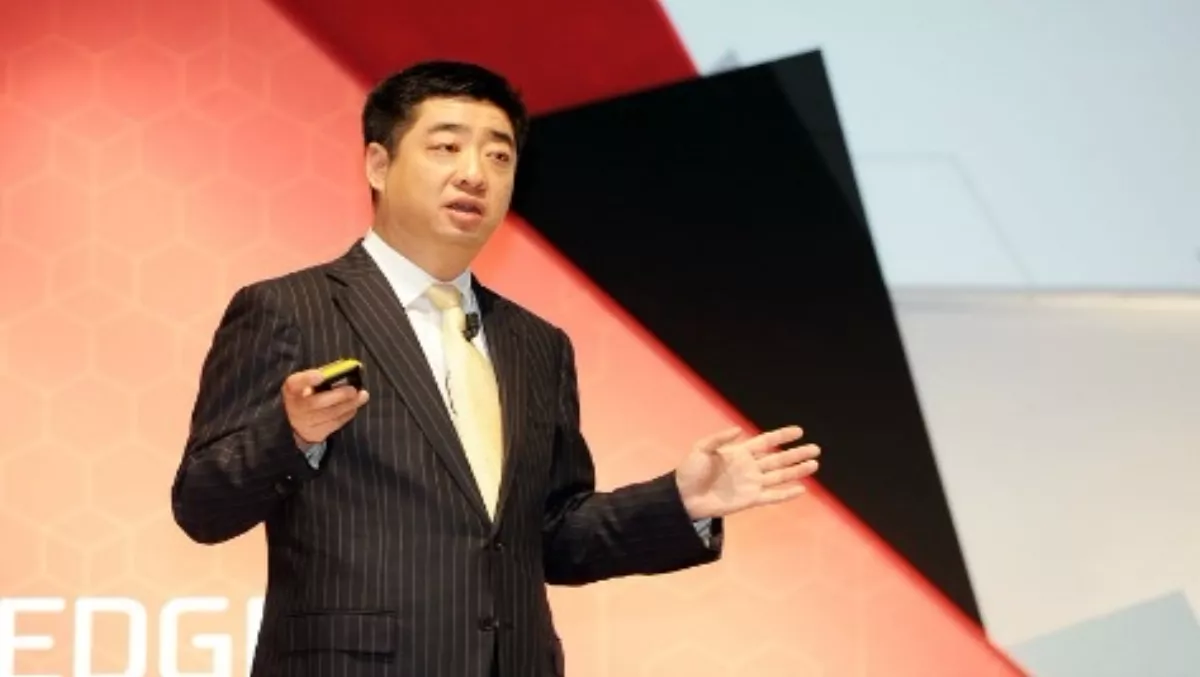
In order to innovate successfully, companies must commit to a long-term programme of investment in research and development, says Ken Hu, Huawei deputy chairman and rotating CEO.
In his speech about Huawei's innovation philosophy at the 14th Munich Economic Summit, Hu said, “Innovation is not a sprint, it's a marathon.
According to Hu, Huawei has invested at least 10% of its annual sales revenue in R-D each year since its founding in 1987, and last year the company spent US$6.6 billion on R-D - 14% of its annual sales revenue, and a year-on-year increase of nearly 30%.
“Innovation is part of our DNA, the foundation of our competitive capability," he says.
“Almost half of our 170,000 employees worldwide are engaged in R-D work. Over the past 10 years, Huawei has spent more than US$30 billion on R-D."
Hu highlighted how this long-time focus on innovation has benefited Huawei.
For instance, as of last year the company had received 38,825 patents, more than 90% of which related to inventions.
According to a report by the UN's World Intellectual Property Organization, Huawei filed 3,442 international patent applications in 2014, which was more than any other company in the world.
In addition to a long-term investment in R-D, Hu said successful innovation was the result of meeting customers' needs and innovating together with partners and research institutions.
“Customer needs should be the driving force and purpose of innovation. The best reward for innovation is customer success,” he says.
Huawei's innovation efforts are always focused on existing and potential customer needs, according to Hu.
As an example of this, Huawei introduced the concept of distributed base stations to the European market when carriers there demanded base stations that were smaller and easier to instal.
He says companies should innovate collaboratively with customers as well as industry partners, leveraging global resources and talent to create an ecosystem that encourages innovation.
To that end, Huawei operates 16 research institutes and has established 31 joint innovation centres.
The 14th Munich Economic Summit was co-hosted by the BMW Foundation and the Institute for Economic Research in Munich.
